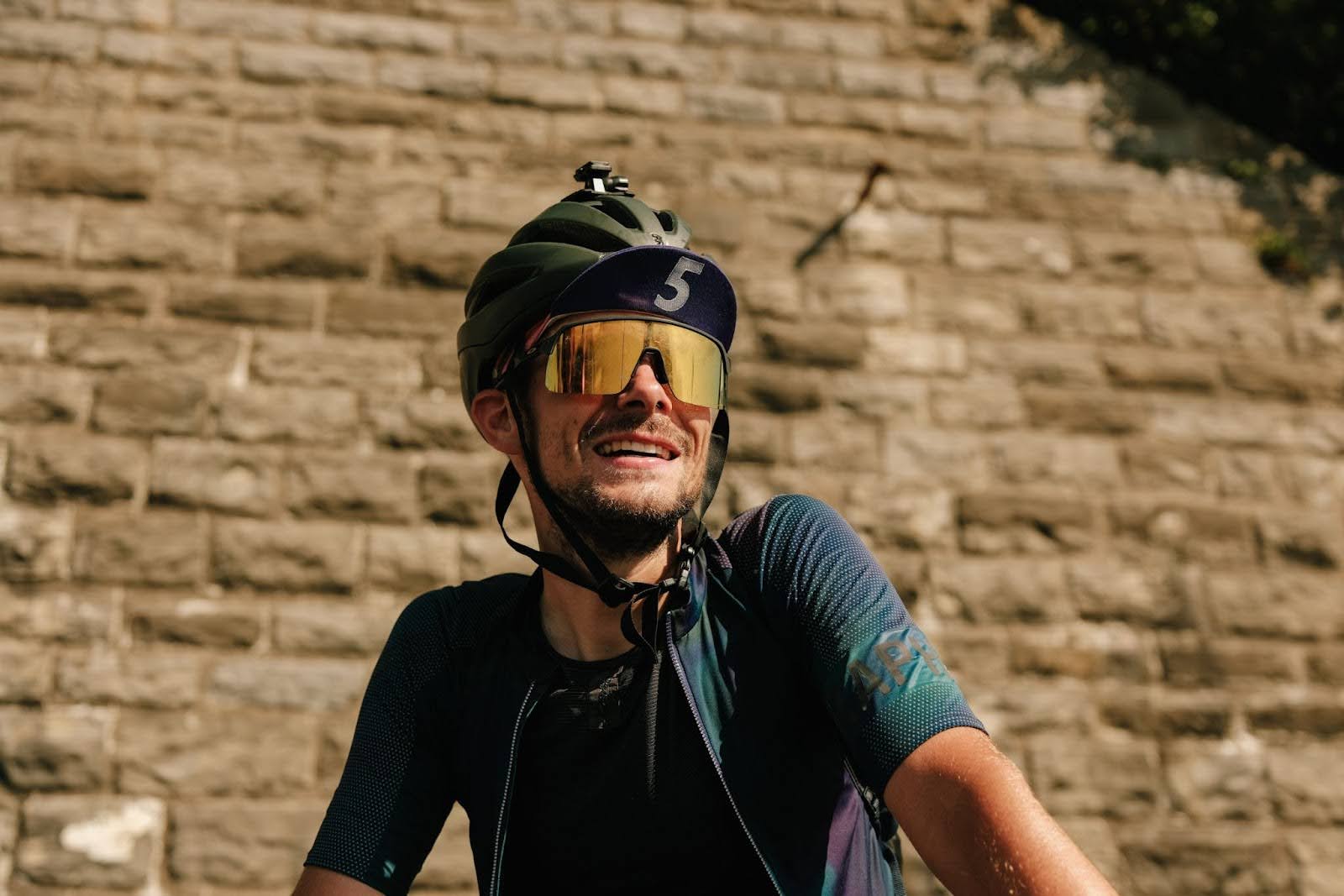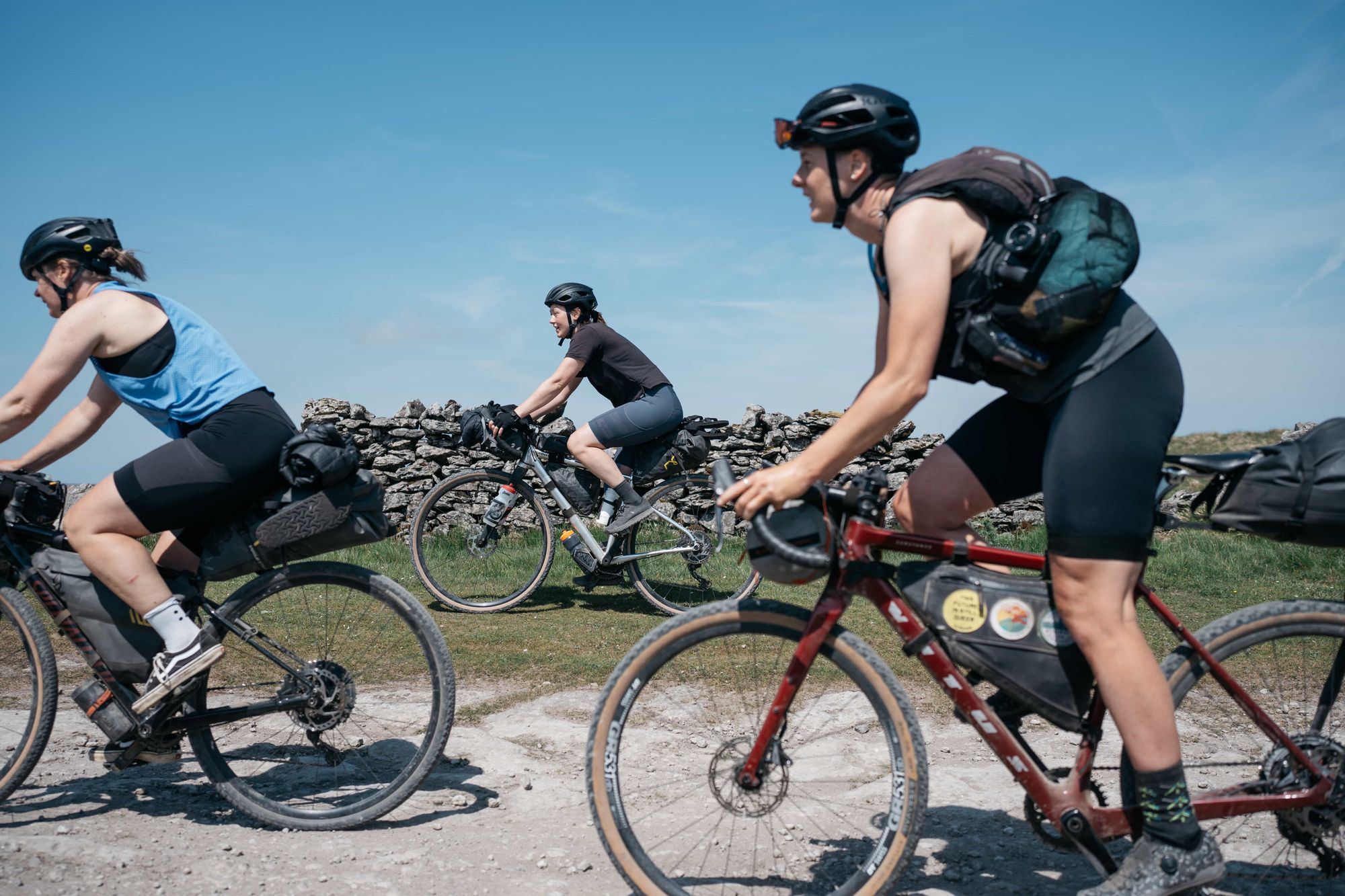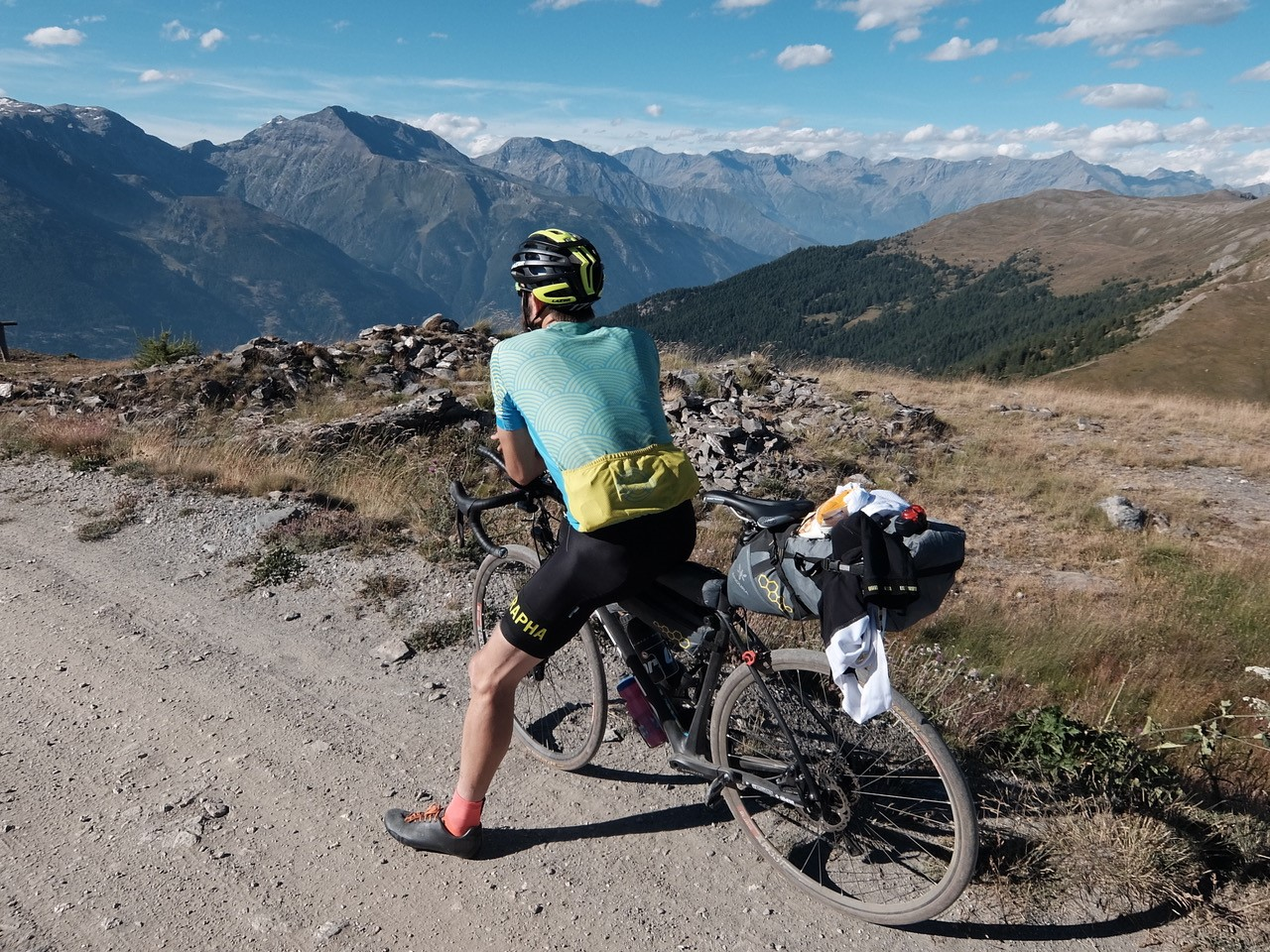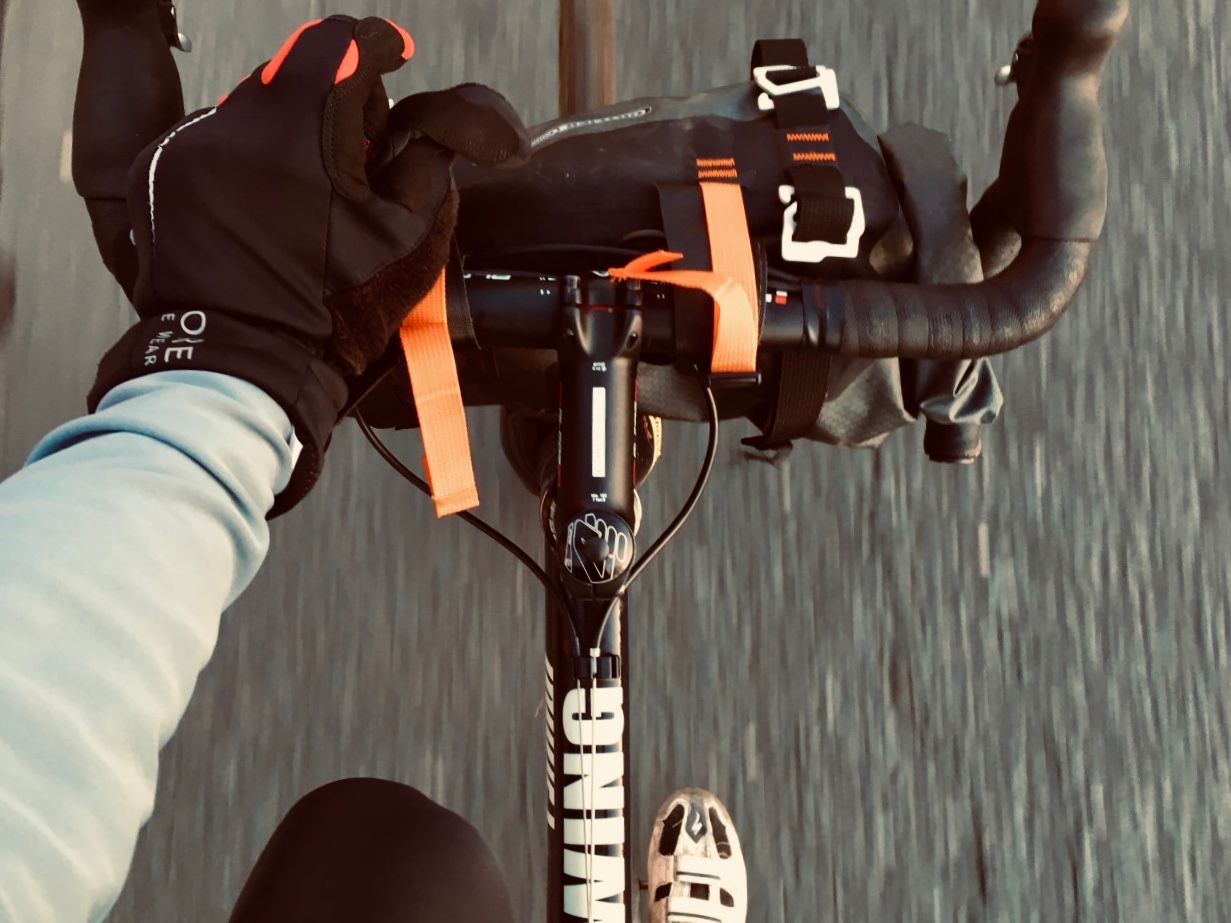One such adventurer - our very own - Joost Klarenbeek (European Partnership Lead at Laka), recently shared his experience in the Trans Pyrenees Race (TPRNO3) with us.
The TPRNO3 isn’t your usual race; it's a monumental test of physical and mental strength as 141 cyclists climb 40,000 metres of elevation across 1,800 kilometres of unforgiving terrain. In this blog post, Joost tells us about his journey through the Pyrenees and the challenges he faced during the race.
The Call of the Pyrenees: The Trans Pyrenees Race is an event known amongst many cycling circles for its gruelling climbs, towering peaks and breathtaking descents through France, Spain and the mountains of Andorra.
The race starts in Saint Jean de Luz and snakes down to the Catalonian coastline on the Costa Brava, where cyclists then have to turn back again and navigate their way around countless summits. But what exactly makes this race so unique?
Preparation and Motivation: You wouldn’t be wrong to assume that preparing for such a challenge requires rigorous planning, but Joost's approach is simple. He loves riding his bike which fuels him when the going gets tough.
He doesn't overcomplicate things with structured training programs. Instead, he spends time in Girona, where he can train in the mountains and enjoy long rides. His motivation isn't something he needs to search for; it's always within him.
Climbing high and digging deep: The Trans Pyrenees Race isn't for the faint-hearted. It's a race that lasts over a week and demands not only physical fitness but also mental fortitude. Joost describes it as a test of climbing, with approximately 40,000 metres of elevation gain packed into a race.
Going Solo: As an ultra-endurance event, the Trans Pyrenees Race enforces strict rules against riding together. Cyclists must go solo and endure the challenges alone. The mountains are unforgiving, and the experience is deeply personal.
Joost reveals that this race is all about self-discovery and pushing one's limits. “We decide that we want to suffer. I decided this. I wanted this. And now I'm here and now it hurts but yeah I wanted this right” Joost says. When you’re on the road you’re set free from everyday stress and responsibilities. When “the only thing you have to think about is what to eat, where to go and you only know that you need to battle your bike. And there's nothing else to worry about which is really amazing”
Riders have to ensure they arrive at various checkpoints along the way:
- CP1 - Ainsa (Central Pyrenees)
- CP2 - Auzat (Occitanie Region, South West France)
- CP3 - Baga (Catalan Region of Spanish Pyrenees)
- Parcours 4 - Costa Brava (between Tossa de Mar and Palafrugell)
- CP5 - Prats-de-Mollo-la-Preste.
The Rules of The Race: The Trans Pyrenees Race has stringent rules to maintain fairness and safety. Riders aren’t allowed to ride more than 15 minutes together, but it all adds to the rituals of the race. GPS trackers allow organisers to check the cyclists' progress, but adherence to the rules largely relies on participants' integrity. Joost emphasises that respecting the spirit of the race is essential, and it's up to each cyclist to honour the rules.
Coping with Adversity: The race isn't without its low moments. Joost recalls the challenges he faced, from dealing with excruciating knee pain to battling sickness. At one point, he found himself in a hotel bathroom, vomiting after eating poorly microwaved pasta.
Joost candidly speaks about the reality of dealing with the ups and downs of the race “The surroundings keep it interesting, you're always in the mountains and of course, there's low moments where you hate your life”. Despite these difficulties, he found the motivation to push through. It's the beauty of the surroundings, the realisation that he chose this adventure, and the sheer uniqueness of the experience that kept him going.
Fuelling yourself up: Ensuring you’re well-fed is one of the most important components of the race. Joost says “Eating is the hardest part, sleeping…not so much. I mean, you get tired and then you basically fall asleep.” But food can sometimes be hard to find so you leap at the opportunity to stock up on all sorts of food for the calories. “I had food for about, I reckon 18 hours at all times. I had salty snacks like sweet snacks, everything I could find and an emergency bottle of Coke”. “You feel that your mental sort of wellness, very strongly, depends on what you eat”
Stand-Out Moments: Whether it was the thrill of speeding down a mountain with a killer playlist, descending during a picture-worthy sunset or the freedom of the open road, these were the moments he cherished. Highlights include tackling “Peyresourde, Aspin, Tourmalet, Solour, Aubisque and Marie Blanc, which was an 8,000 feet elevation day or something wild,” Joost. In the world of ultra-endurance cycling, it's these moments that make all the hardships worthwhile.
The Aftermath: As the race came to an end, Joost faced the bittersweet transition back to normal life. The post-race blues are common among participants, as they return to their daily routines, leaving behind the simplicity of life on the road.
The adjustment can be challenging, “I slept a lot for a week. But I still sometimes wake up super stressed thinking ‘I need to ride my bike!’ So that sort of thing happens, you stress and you wake up, you jump out of bed and you're like, f***, I need to go it's 4 am”. The experience and mental strain hang over you for a while as you come to terms with your new reality.
The Trans Pyrenees Race organised by Lost Dot is more than just a cycling competition; it's a test of human resilience and the pursuit of adventure. It’s an opportunity to explore the limits of one's physical and mental capabilities, to discover the joys of the open road, and to experience the beauty of the Pyrenees Mountains. For those with a love for cycling and a spirit of adventure, this race is the ultimate challenge and an unforgettable experience.
The unpredictable mountain weather can turn in an instant, adding an element of surprise to the mix. Joost highlights that it’s essential to remain open-minded and be prepared for anything “I think the main thing of these races is sort of adapting to circumstances”.
Bicycle insurance that's fair, not fixed
For extra peace of mind, when hitting the roads, at home or abroad, check out our specialist bicycle insurance.




